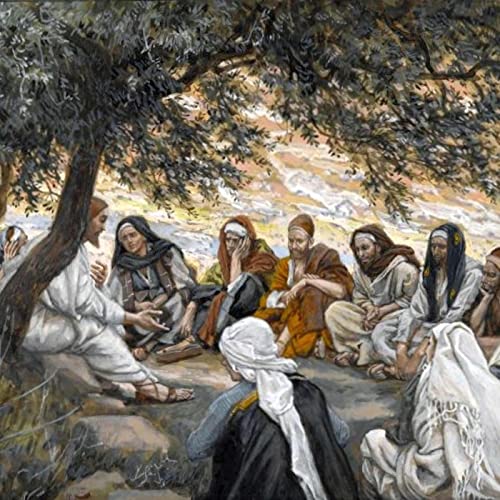Read Online
Even now, says the LORD, return to me with your whole heart, with fasting, and weeping, and mourning; Rend your hearts, not your garments, and return to the LORD, your God. For gracious and merciful is he, slow to anger, rich in kindness, and relenting in punishment. Joel 2:12–13
Today, as we go forward in procession at Mass to be marked with ashes on our foreheads, we are reminded: “Remember that you are dust, and to dust you will return.” Alternatively, the minister may say, “Repent, and believe in the Gospel.” What humbling words to hear.
Do you desire to be humble? From a worldly perspective, humility is rarely esteemed as a virtue. However, those who are truly humble have a radiance that emanates from their souls. Even those who are deeply worldly often recognize the beauty of authentic humility. Among all the virtues we are called to cultivate, faith, hope, and charity are the greatest. No other virtue helps us grow in these three as effectively as humility.
Humility is nothing other than seeing ourselves from God’s perspective and embracing that truth. It allows us to shed false personas, along with any elevated or distorted images we might have of ourselves. In humility, we come to know who we truly are and live as God created us to be. Humility is the virtue of truth and integrity—seeing ourselves as we are in the mind of God and becoming that person.
Imagine being able to look at your life and fully understand it in the way God does. This is the essence of humility. Moreover, humility enables us to embrace God’s will, as it opens our eyes to the wisdom of His divine plan. It frees us from the deceptive desires that promise only fleeting happiness, dispels the fears that arise from believing lies, and reorders our desires so that we want only what God wills for us.
The Scripture passage from the Prophet Joel is a powerful call to make this Lent a time of humility, repentance, penance, and transformation. As we are reminded of our mortality—“you are dust, and to dust you will return”—we are invited to adopt an eternal perspective, rather than a limited earthly one. Too often, we are tempted to live for the moment, to satisfy every craving, and to enjoy all that this world offers. Humility helps us turn our gaze away from passing earthly pleasures and focus on Heaven and eternal life.
Lent is a time to return to the Lord with our whole hearts, “with fasting, and weeping, and mourning.” Fasting and penance are necessary to ensure that earthly desires do not dominate our ambitions. We must weep and mourn as we confront our sins, addictions, and worldly attachments that promise only fleeting satisfaction. Yet, God is a God of infinite mercy, “slow to anger, rich in kindness, and relenting in punishment.” His justice rightly punishes those who reject His mercy, but when we shed pride, sin, and worldliness, His mercy fulfills all justice and He withholds His punishment.
As we begin our Lenten journey, reflect today on the words of the Prophet Joel as if they were spoken directly to you: “Even now, says the LORD, return to me with your whole heart...” Do not let this Lent pass you by. Enter it with a wholehearted commitment. “Repent, and believe in the Gospel.” Face your soul with humility and confidence in God’s mercy. Identify your sins, turn from them, do penance, pray, and seek holiness. If you do, God, in His great mercy, will transform your life in ways beyond your imagination.
My merciful Lord, I repent of my sins with my whole heart and beg for the gift of humility so that I may see myself as You see me and change in the ways that You desire. I commit myself to You entirely and ask for Your abundant mercy this Lent. May I keep my eyes on Heaven and live for You alone. Jesus, I trust in You.
Image
Source: Free RSS feed from catholic-daily-reflections.com — Copyright © 2026 My Catholic Life! Inc. All rights reserved. This content is provided solely for personal, non-commercial use. Redistribution, republication, or commercial use — including use within apps with advertising — is strictly prohibited without written permission.
Más
Menos
 Feb 23 20267 m
Feb 23 20267 m 6 m
6 m 7 m
7 m Feb 20 20267 m
Feb 20 20267 m 7 m
7 m 7 m
7 m Feb 17 20266 m
Feb 17 20266 m 7 m
7 m
